For the whole neighborhood
Who better to take care of the play area than those who actually use it? You might be one who picks up the stray paper or pop can on the playground to help out, but did you know that you can help beyond that with other maintenance issues?
This can be a possibility most anywhere, but San Francisco neighborhood groups recognized that they can help out with maintenance, and used the convenience of the internet for reporting needs directly to the San Francisco Recreation and Park Department. Neighborhood Parks Council, a local organization, started this two years ago and has seen the benefits realized time and again.
These folks didn’t want to see a continued decline in their parks and were faced with issues of upkeep of landscapes and facilities as well as with trash, broken glass, graffiti, even hypodermic needles in the sand and bushes. Dog and human waste was a problem also. Part of the problem with upkeep had been budget cuts, which resulted in reducing maintenance staff, which in turn cut regular maintenance checks.
This program is actually funded by the Sloan Foundation of New York and the E & W Haas Fund of San Francisco. It’s a convenient public portal making reporting conditions easy for citizens. There are also trained volunteers monitoring the conditions regularly, which helps out as well. These volunteers will actually photograph the problem and include their notes in the report, which is then added to a central database and goes directly to the department responsible for that area. Should the situation be a critical health or safety issue, it is flagged for immediate response. The not-so-critical reports go into the work-order system to be taken care of in order of importance.
This information is available for public view online on the ParkScan website. It also provides a forum for the city to notify residents of the status of the request. “The community feels a sense of participation in an active way—more than picking up litter—and they can see progress in what they’ve identified as a problem,” notes John Plummer, a local park activist with Friends of Lake Merced. What a great way to build community relations while taking care of maintenance for play environments.
The citizens are the eyes and ears for the parks department and the city of San Francisco is very supportive of the program as it really has improved the ability of the parks and rec to work efficiently in prioritizing work orders and for maintenance of the areas.
The San Francisco Controller’s Office has also gone as far as to develop a Park Maintenance Standards, which is used for all of the city parks at least once each year. It These standards are used in conjunction with the ParkScan survey to track conditions. A regular review of park conditions, using the ParkScan survey, also helps with a successful annual audit of the parks.
This also helps engage volunteers with somewhat of an ownership of the parks as they contribute approximately hundreds of thousands of hours helping with maintenance through reporting. NPC has been a huge part of the growth in volunteerism through this program because of the organized structure, which encourages volunteers to participate and stay involved. This provides financial relief in times of budget cuts for parks and rec staff who perform landscape maintenance.
So many cities across the country are experiencing this same struggle with budget cuts and staff reduction, so this seems to be a realistic option for helping out with limited funds to allocate to maintenance for safe play areas. Larger cities are now spending roughly only five percent of their budget on parks, some as low as two percent.
Parks departments now have another option to help out with the ParkScan program. To find out more, contact Dr. Isabel Wade at [email protected] or 415-621-3260. You may also visit www.parkscan.org to get a feel for the program and what it has to offer.



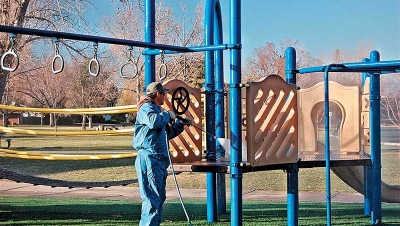
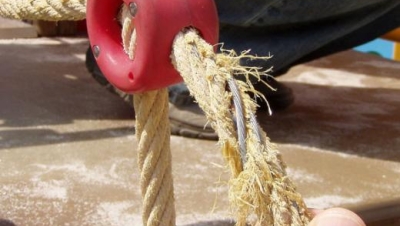
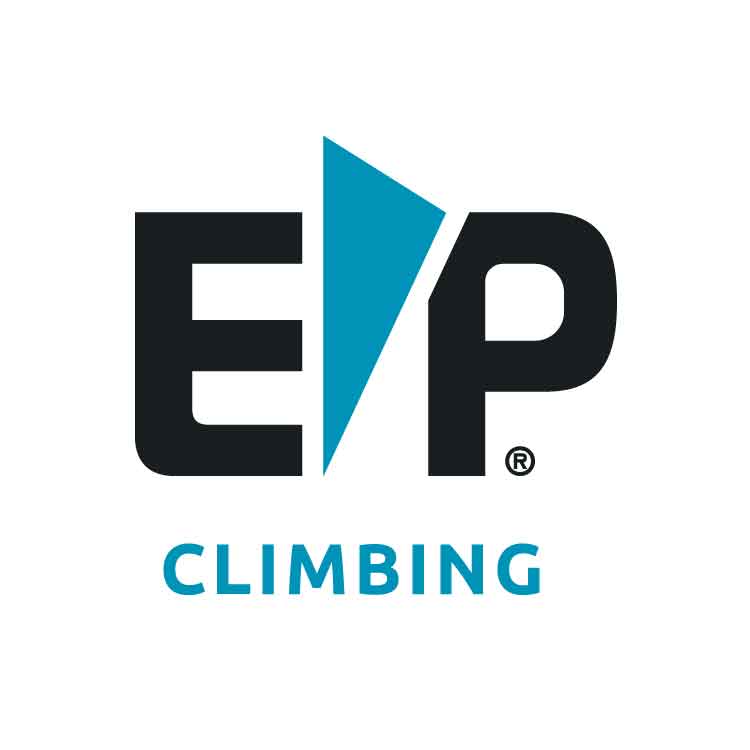
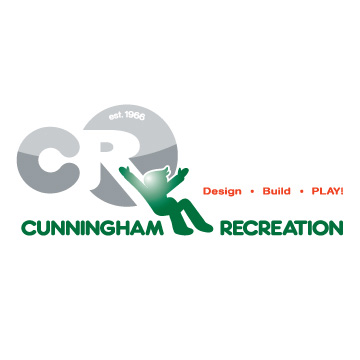

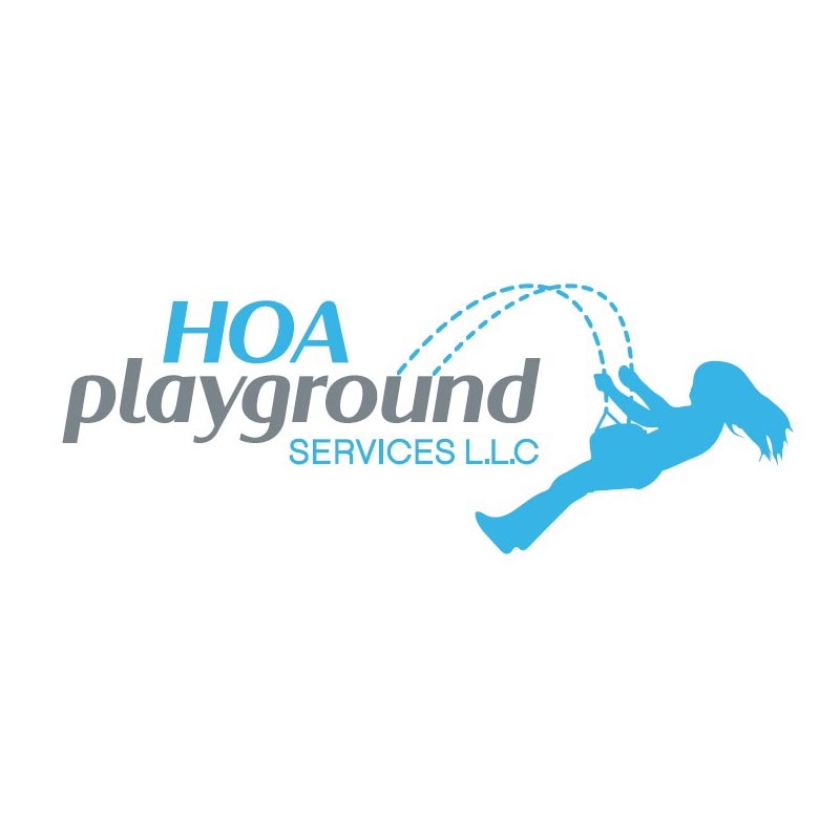
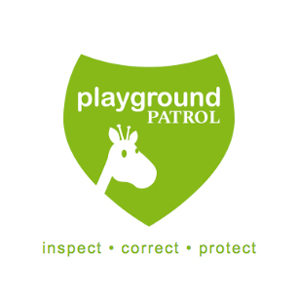
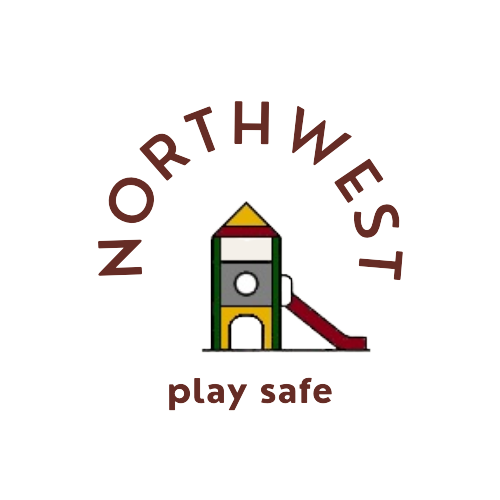
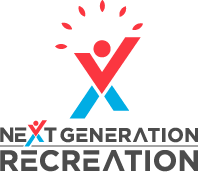
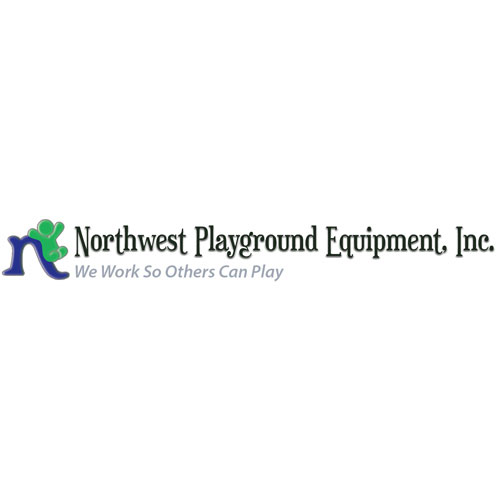

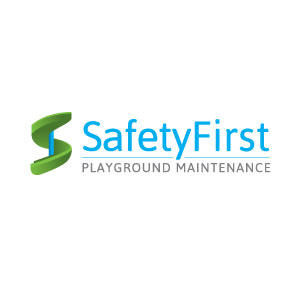
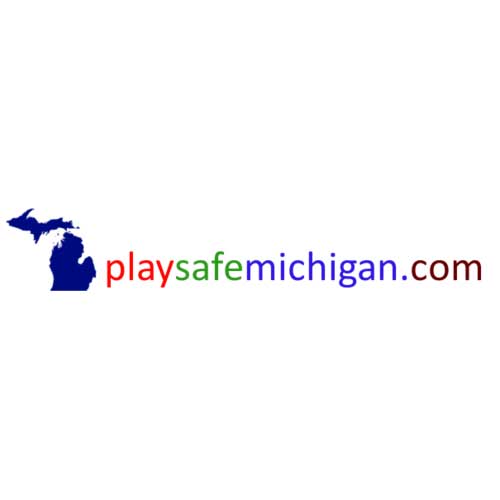
Add new comment